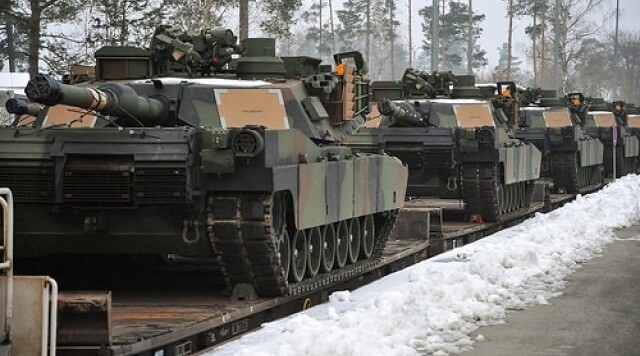Teson critiques a recent article by John Rawls in which Rawls extends his acclaimed political theory to include international relations. Teson first summarizes Rawls' theory and then presents a critique. With this essay, Rawls joins an already vigorous scholarly reaction against traditional state-centered models of international law and relations. When measured against such models, Rawls' theory of international law moves in the right direction in assigning a role, albeit a modest one, to human rights and political legitimacy. However, to the extent that Rawls' effort purports to be a rational reconstruction of international law for our new era (as he certainly intends it to be), it fails to capture central moral features of the international order. His proposal is still too forgiving of serious forms of oppression in the name of liberal tolerance. The theory thus falls short of matching the considered moral judgments prevailing in today's international community. Moreover, it fails Rawls' own test of epistemic adequacy.
To read or purchase the full text of this article, click here.



